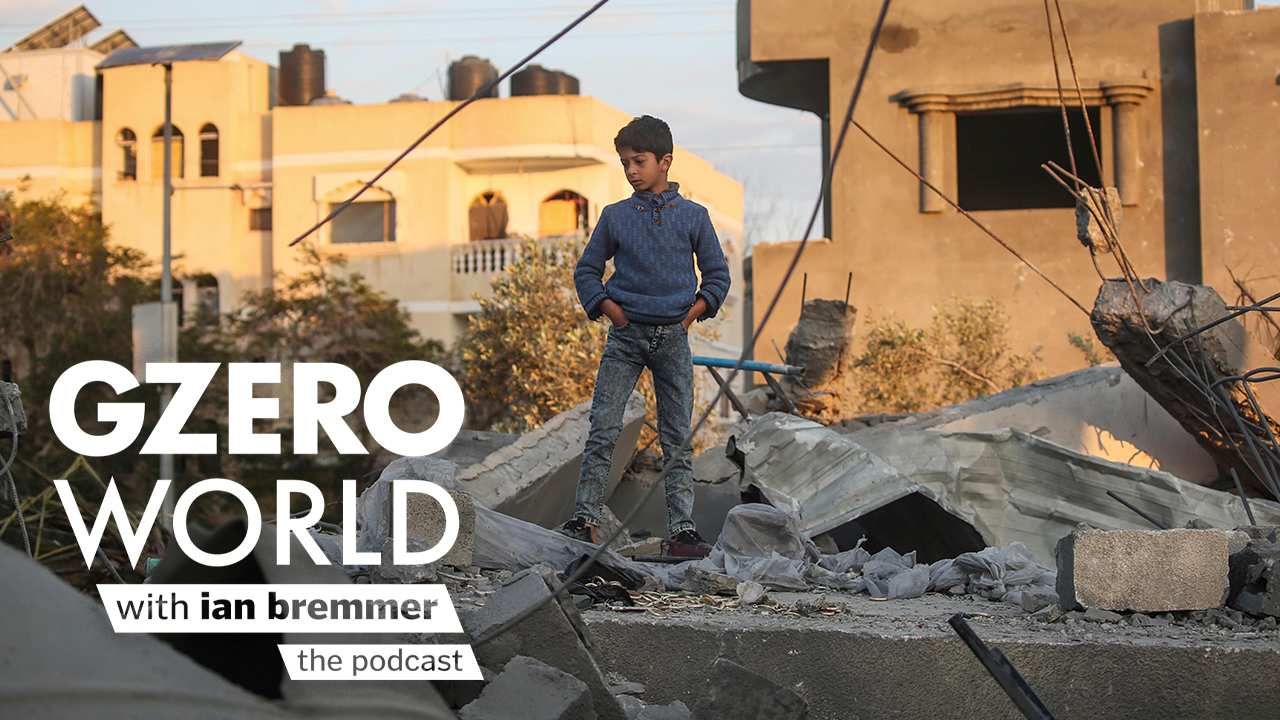December 19, 2018
What We're Watching
The stock market –It's been a rough month on Wall Street, with US stocks on track for their worst December performance since 1931. Here's why it matters, politically: President Trump is right when he says he has presided over one of the strongest US economies in recent memory.
Even the most committed partisans can't really quibble with the numbers. And yet, the president's party just lost 40 seats in the House. Trump himself remains also fairly unpopular heading into the 2020 campaign season, with fewer than 43 percent of Americans approving of his job performance. What happens if the economy starts to slump?
The rule of law in Poland – Poland's right-wing president, Andrzej Duda, formally reinstated around a third of the country's supreme court judges who had been forced into early retirement after the ruling Law and Justice party passed a law lowering the mandatory retirement age. The move came hours ahead of a deadline to comply with an October order from Europe's high court to scrap the law, which was seen by critics as an attempt to wipe out judicial independence and cement the ruling party's control over the bench. It is an important reversal and suggests Poland's nationalist see a need to ease confrontation with the EU ahead of European parliamentary elections and national elections next year.
What We're Ignoring
Russian internet trolls – A pair of reports published by the US Senate Select Committee on Intelligence on Monday painted a grim picture of foreign trolls run amok on social media during the 2016 US presidential election, including evidence of a sustained campaign to discourage African American voters from showing up at the polls. Documenting misinformation is important. But it's only a first step in addressing the more fundamental challenge facing democracies that are committed to both free speech and an open internet: figuring out how to get voters of all political stripes to think twice before reading, passing along, and acting on the information trolls promote.
America's growing cheese stockpiles – US cheese reserves are hitting new records – with 1.4 billion pounds socked away in cold storage as of the last count. It's partly due to Americans consuming more fancy foreign fromage, but experts say Mexican and Chinese tariffs on US cheddar and American cheese are also to blame. Fortunately, the holidays are here, and quick back-of-the envelope calculation shows that the current surplus amounts to a mere 5 pounds of cheese for every man, woman, and child in the United States. I, for one, will be doing my best to make a dent. Come on, America: you've got this.
More For You
Global conflict was at a record high in 2025, will 2026 be more peaceful? Ian Bremmer talks with CNN’s Clarissa Ward and Comfort Ero of the International Crisis Group on the GZERO World Podcast.
Most Popular
Think you know what's going on around the world? Here's your chance to prove it.
Indian Prime Minister Narendra Modi isn’t necessarily known as the greatest friend of Muslim people, yet his own government is now seeking to build bridges with Afghanistan’s Islamist leaders, the Taliban.
French President Emmanuel Macron, German Chancellor Friedrich Merz, Ukrainian President Volodymyr Zelenskiy, U.S. Special Envoy Steve Witkoff and businessman Jared Kushner, along with NATO Secretary-General Mark Rutte and otherEuropean leaders, pose for a group photo at the Chancellery in Berlin, Germany, December 15, 2025.
Kay Nietfeld/Pool via REUTERS
The European Union just pulled off something that, a year ago, seemed politically impossible: it froze $247 billion in Russian central bank assets indefinitely, stripping the Kremlin of one of its most reliable pressure points.
© 2025 GZERO Media. All Rights Reserved | A Eurasia Group media company.
